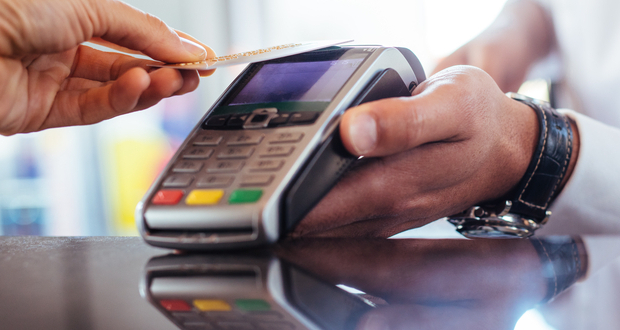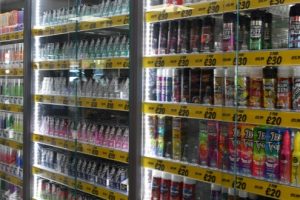Data from Barclays, which sees nearly half of the nation’s credit and debit card transactions, reveals that spending on essential items increased 5.1 per cent in December 2022, though this was slightly lower than November’s year-on-year growth (7.1%), with spend on fuel seeing its smallest rise (10.6%) since March 2021, as petrol and diesel prices continued to fall.
Supermarket spend remained in growth (up 5.5%) however this was lower than the 6.5 % growth observed in November.
Food and drink specialist stores also fell back into decline (-0.2%) – a possible sign that shoppers had already stocked up on festive food and drink, making the most of discounts and deals offered in the run up to Christmas, while also looking to get ahead of any supply chain issues.
Meanwhile, the percentage of Brits reporting concerns about rising food prices remains high at 91%, and almost two thirds (65%) say they have been looking for ways to reduce the cost of their weekly shop – a marginal reduction compared to November (69%). Nearly half of these shoppers (49%) are buying budget or own-brand goods instead of branded goods, and 28% are only buying items that are discounted or on offer.
Overall, the uplift in non-essential spending year-on-year in December 2022 is in part due to the spread of Omicron in the run up to Christmas in 2021,
Online retail fell -5.8% in December 2022, due in part to a rise in online shopping in the run up to Christmas 2021 with the spread of Omicron and the 2022 postal strikes, while overall and face-to-face retail spending grew 1.2% and 6.3% respectively.
 Talking Retail Grocery and product news for independent retailers
Talking Retail Grocery and product news for independent retailers






